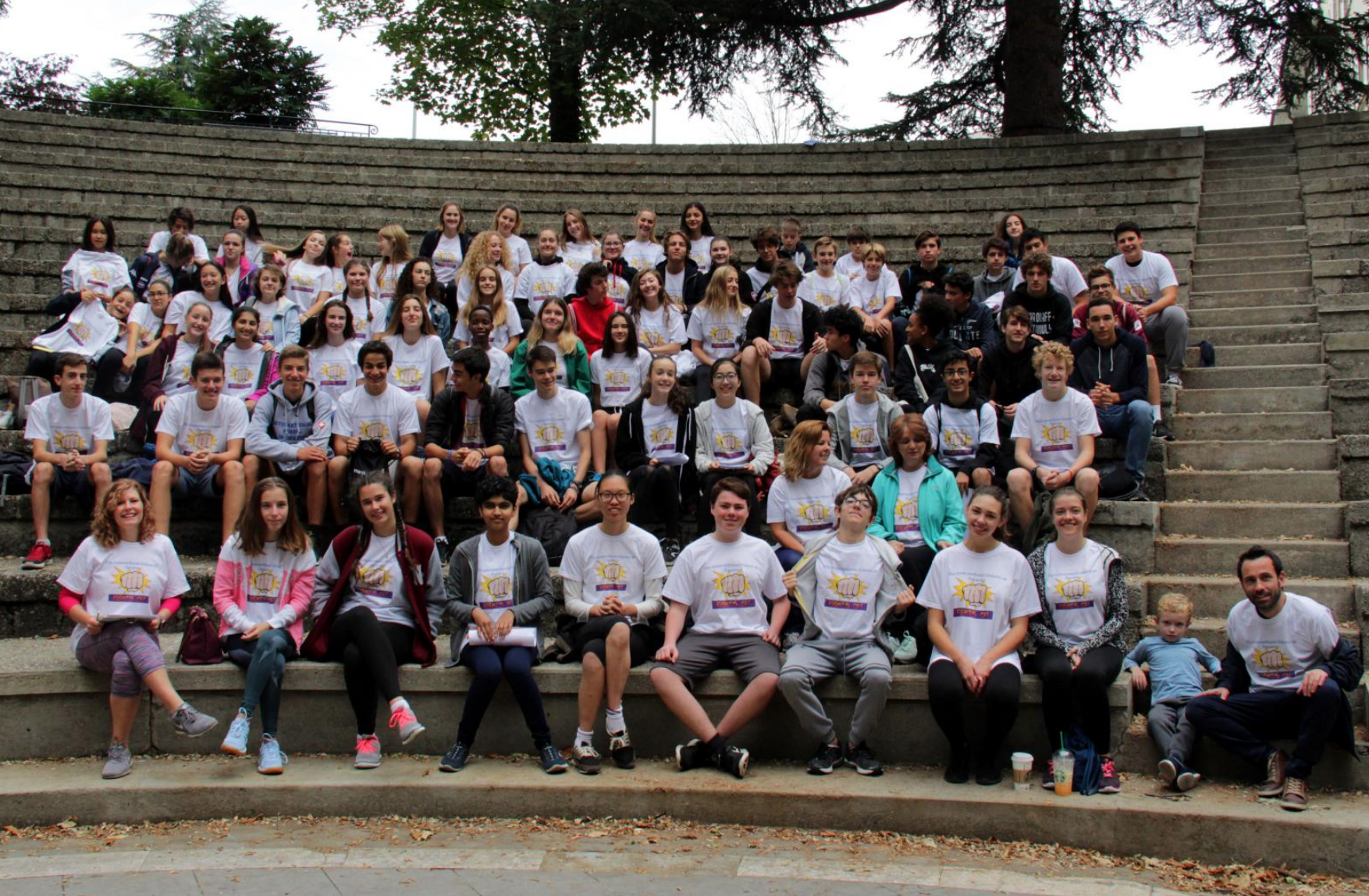By Fiona Meagher, Year 9
All Swiss schools are required to have a certain number of PED days each year. At Ecolint, there are a total of six during the academic year: there are three before we start school in August, there were two on the 25th and 26th of November, and we have one more to look forward to on the 14th of March. All of us students enjoy having some days off school, but some are sure to wonder what happens at school during the PED days and what teachers actually gain from these events.
Until a couple of years ago, PED days at Ecolint were usually added at the beginning or the end of a longer break, such as the October break or February break. The practice was then changed so that the PED days are now before or after normal weekends, like at the end of November or next March. This gives the students an extra long weekend or two and probably also means that teachers don’t miss out on their holidays.
“PED” is short for “pedagogical,” which is defined as relating to teaching or education in general. Promethean World states that: “If teaching is the act of encouraging learning activities through discovery and acquired knowledge, pedagogy is the method of teaching, both as an academic subject or [as a] theoretical concept.” Conceptually, PED days are for teachers to share and obtain knowledge on teaching. According to the Montreal Gazette, “These professional development days provide teachers with opportunities to burnish their skills, keep up with trends in education and spend time honing their lesson plans.” It’s also an opportunity for teachers to meet with the administration to discuss initiatives like the Universal Learning Program or issues relating to the school in general.
The day is usually full of activities and presentations on pedagogy and education. In a way, it’s a lot like how students study certain subjects. Sometimes teachers are put into groups to study different topics on education, and then they share what they’ve learned with the other teachers. They also try to come up with ideas on how to implement positive changes within the school.
Another example of an activity/event put on during a PED day from a few years ago was a series of presentations by psychologists in the arts center on teaching methods to help deal with anxiety in the classroom. There is also some time for year group teams to get together and talk over planning and events. Typically there is also training on general safety procedures, child protection, and mindfulness. Generally, working to create a mentally and physically safe learning environment is a core aim of PED days.
It’s very important for educators to brush up on their skills and learn from their peers about important topics. Refreshing a teacher’s knowledge helps them stay connected with their classroom and more importantly, their students. Therefore, while students are enjoying an extra long weekend, teachers are gaining valuable knowledge about education.



